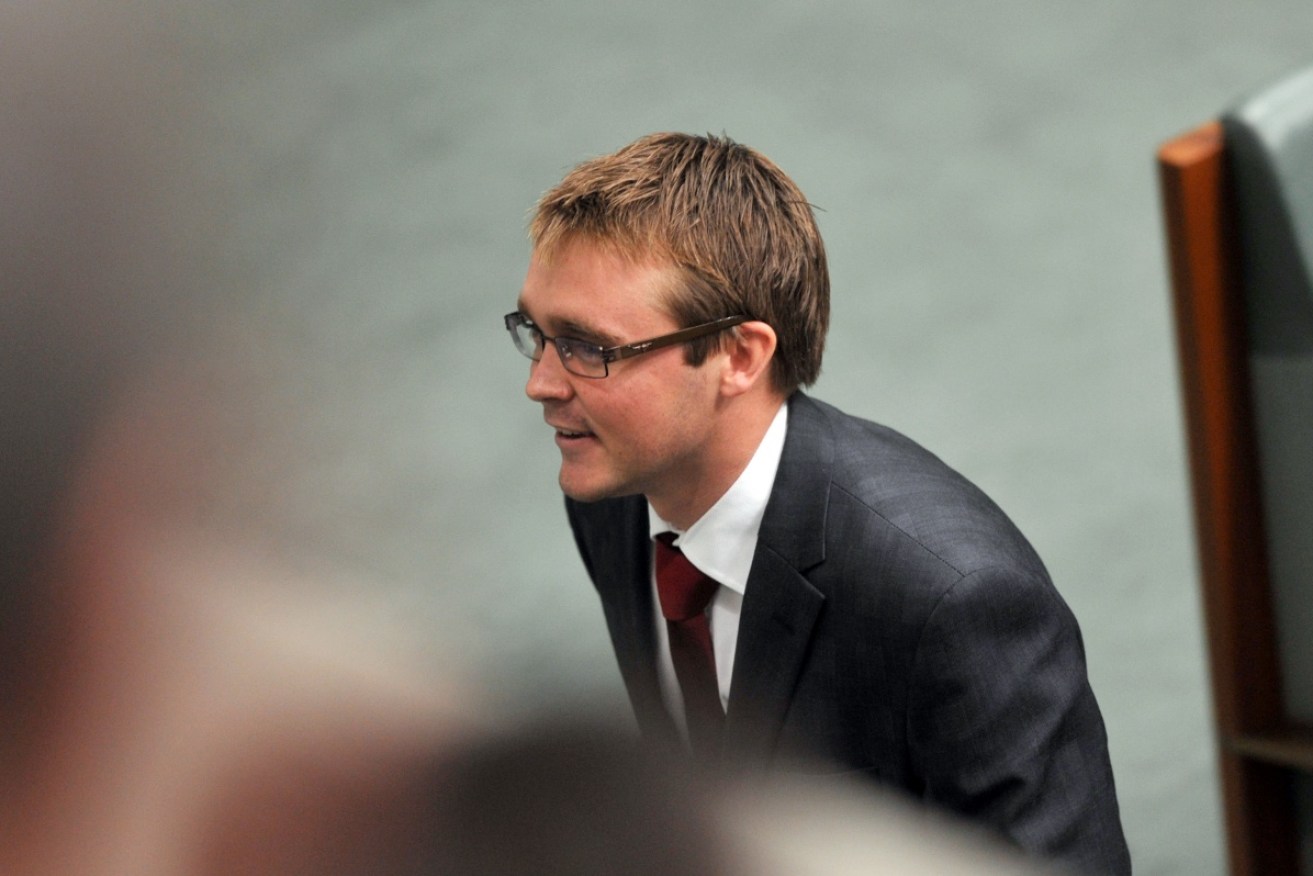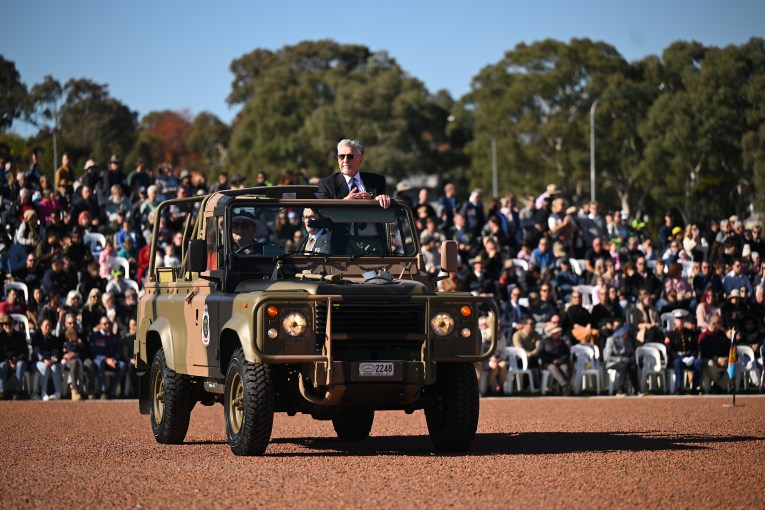Nuclear experts put government on notice

AAP
Prime Minister Tony Abbott’s quest for a free trade agreement with India has been dealt a potentially fatal blow after two of the world’s most respected nuclear safety experts pilloried the terms of the uranium deal negotiated with the Indian government in 2014.
While the agreement to supply uranium is seen as a prerequisite for bedding down a free trade agreement with Narendra Modi’s government later in 2015, the Australian parliament’s Joint Standing Committee on Treaties is still considering whether to support the uranium pact.
• India uranium deal faces legal challenge
• SA takes first step to nuclear power
• How Australia squandered the mining boom
The committee has heard damning evidence this week that the deal weakens Australia’s rights to monitor how India would use locally-mined uranium, amid concerns that it could enter the country’s controversial nuclear weapons programs.
John Carlson, the former director-general of the Australian Safeguards and Non-Proliferation Office, warned the Parliamentary Committee on Monday that it would be “unthinkable” for Australia to begin exporting uranium to India under the existing agreement, because it would compromise longstanding commitments to nuclear safeguards and non-proliferation standards.
India is one of a handful of countries that refuses to sign the nuclear Non-Proliferation Treaty.
Mr Carlson alerted the committee to India’s record of trying to circumvent international safety standards to develop nuclear arms.
“A key objective of nuclear cooperation with India is to encourage India to meet international norms,” Mr Carlson told the committee.

The joint committee, chaired by Queensland MP Wyatt Roy, must submit a report by the end of the month on whether the treaty should be ratified. Photo: AAP
“This is not helped by compromising those norms.
“Nor is it in Australia’s national interest to compromise our long-established safeguards standards in the hope of bilateral benefits.”
Mr Carlson said he was an advocate of nuclear power, but could not support the terms of the supply deal with India.
He warned that the deal could set a dangerous precedent for future uranium sales to other countries.
“If this agreement goes ahead as it is … we will be seen as having caved in, given in, on our non-proliferation standards because India demanded it,” Mr Carlson told the committee.
“So I think we are making quite a problem for ourselves.”
Mr Carlson was head of the nuclear safeguards office for 21 years before he retired from the position in 2010.
Ronald Walker – a former chairman of the global nuclear regulator, the International Atomic Energy Agency – reiterated Mr Carlson’s concerns.
Mr Walker warned the committee that the deal’s terms would injure Australia’s international reputation on nuclear safety.
“So my conclusion, very reluctantly, is that this proposed treaty is not fit for ratification as it stands,” he told the committee.
“It is bad for our security, bad for our uranium miners, bad for our bilateral relations with third countries and bad for the path we would like to see India take.”
The combined evidence of the two experts is likely to influence the committee’s deliberations on the uranium treaty.
The Abbott government has requested that the joint committee, chaired by Queensland MP Wyatt Roy, report by the end of the month its recommendation on whether the treaty should be ratified.
A negative finding by the committee would cast great doubt on the ability of the Australian government to negotiate a broader free trade deal with the Mohdi government.








